Advanced Engineering and Manufacturing
Advanced engineering and manufacturing are at the forefront of Lincolnshire’s industrial success, driving innovation, technological advancement, and economic growth. From producing cutting-edge aerospace components to crafting high-performance machinery, this sector demonstrates a blend of precision, creativity, and innovation that is integral to both the local and global economy.
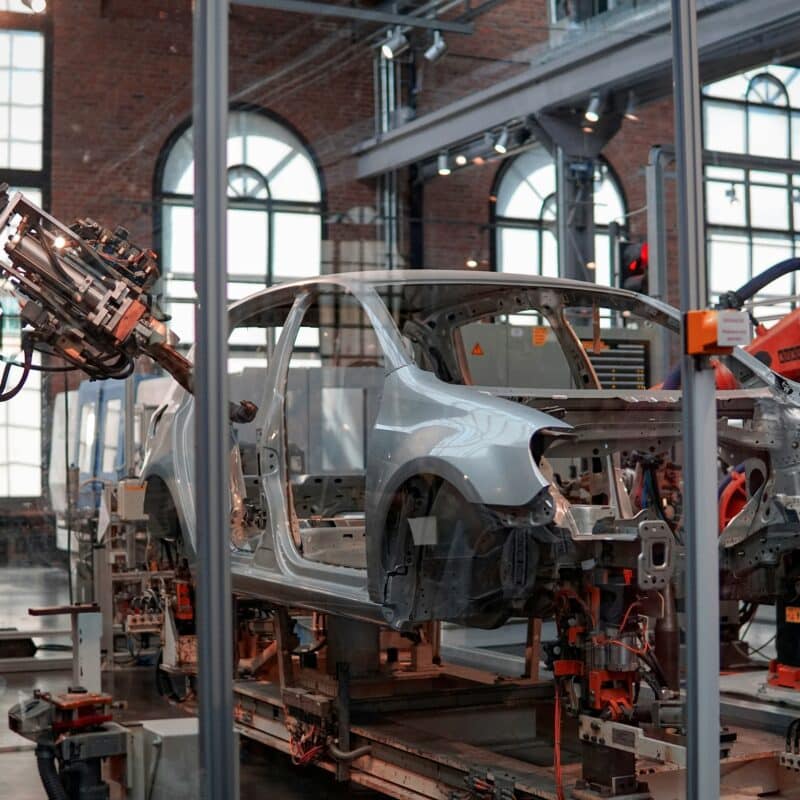
This dynamic field offers a variety of opportunities for individuals eager to work on projects that shape the future. Whether developing clean energy technologies, enhancing transport systems, or creating high-spec machinery, advanced engineering and manufacturing provide rewarding career paths for a wide range of skills and interests.
Advanced engineering and manufacturing in Lincolnshire focus on three distinct areas:
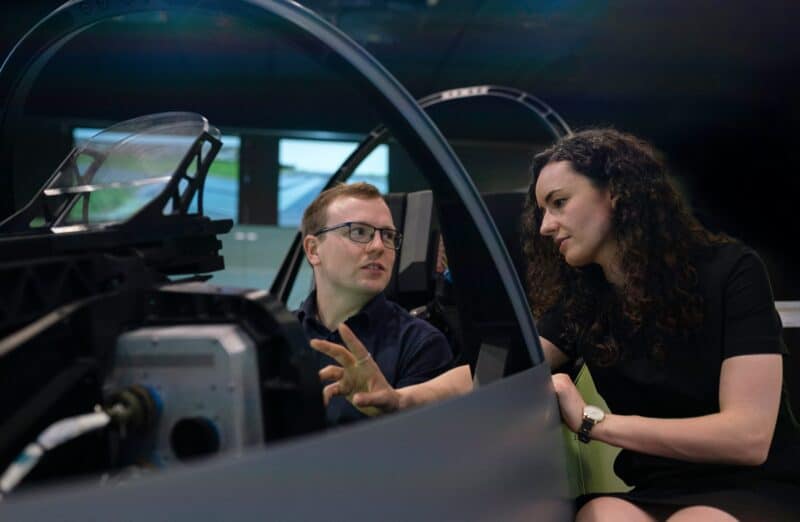
Aerospace and defence
Aerospace and defence engineering in Lincolnshire is pivotal to producing advanced technologies for aviation and military applications. Companies in this sector design and manufacture high-precision components, advanced avionics, and durable aerostructures. Engineers in Lincolnshire are involved in everything from developing lightweight materials to creating cutting-edge surveillance systems. These technologies contribute to national security and global aviation standards, positioning the region as a leader in aerospace innovation.
Working in aerospace and defence offers a chance to tackle complex challenges in a high-tech environment. Roles include aerospace engineers, materials scientists, and quality assurance specialists. Daily tasks might involve developing aerodynamic designs, conducting rigorous safety tests, or collaborating with international teams on critical projects.
This field is ideal for problem-solvers who are passionate about innovation, precision, and contributing to globally significant outcomes.
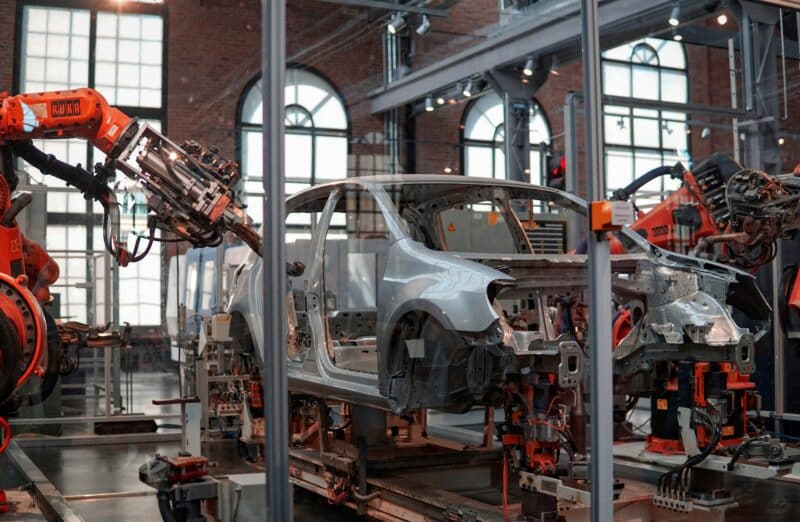
Automotive and transport systems
The automotive and transport sector in Lincolnshire focuses on creating advanced drivetrain (transmission system) solutions, electric vehicle components, and specialised machinery. Businesses in this field cater to industries ranging from passenger vehicles to heavy agricultural equipment. Engineers and technicians collaborate on developing hybrid systems, refining fuel-efficient designs, and advancing autonomous technologies. With an emphasis on sustainability, companies in this sector contribute to shaping the future of mobility locally and globally. The combination of cutting-edge engineering and practical applications ensures that Lincolnshire remains a key player in the automotive and transport industries.
This sector offers dynamic career opportunities for roles such as design engineers, system analysts, and assembly technicians. Professionals are engaged in prototyping innovative technologies, incorporating environmentally friendly practices, and fine-tuning manufacturing processes. Tasks often involve working with advanced simulation tools, ensuring product compliance, and integrating sustainable energy solutions.
The fast-paced and innovative environment is ideal for those passionate about shaping the future of transportation, offering opportunities to work on impactful projects with tangible global outcomes.
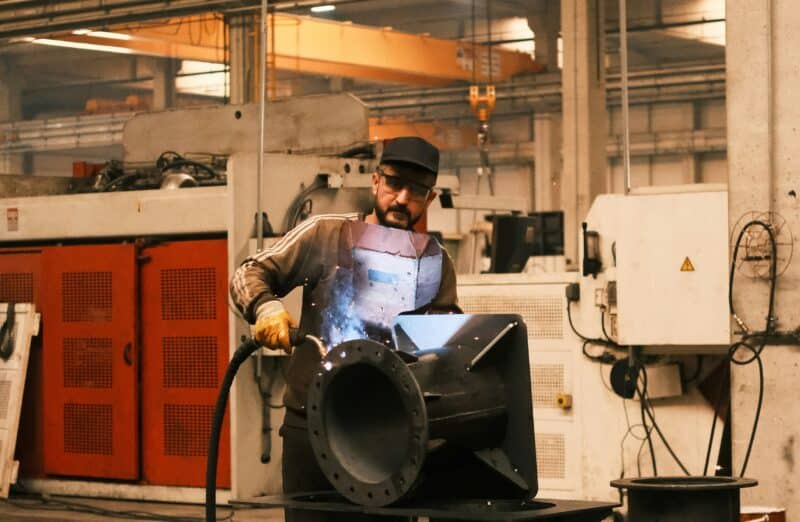
Industrial equipment and machinery
Lincolnshire’s industrial machinery sector is a cornerstone of the region’s economy, providing essential equipment for agriculture, construction, and food processing. Companies design and manufacture complex systems that enhance productivity and precision. Innovations include advanced crop storage solutions, automated packaging machinery, and high-capacity construction tools. Businesses also specialise in integrating digital systems into equipment, enabling smarter, more efficient operation. This sector’s products support industries worldwide, showcasing Lincolnshire’s reputation for engineering excellence.
Careers in this field include roles such as mechanical engineers, machine operators, and maintenance technicians. Tasks involve designing efficient systems, assembling intricate machinery, and diagnosing technical issues. Employees contribute to creating equipment that supports critical industries like agriculture and manufacturing.
With a focus on problem-solving and innovation, this sector is ideal for individuals who enjoy hands-on work and want to see tangible results. Long-term career opportunities abound, with pathways into technical specialisation or leadership roles in global engineering projects.
Check out the different roles below:

Management and coordination
Management and coordination roles are crucial across all specialist manufacturing and engineering sectors, ensuring operations run efficiently and projects are delivered to the highest standards. These professionals oversee production schedules, manage budgets, and coordinate teams to meet objectives. Daily tasks include conducting performance reviews, ensuring compliance with regulations, and liaising with stakeholders to align on goals. From aerospace to clean energy, these roles provide strategic oversight and problem-solving expertise.
Key roles: Production manager, operations manager, quality assurance coordinator, logistics manager, health and safety officer.
Skills & attributes: Leadership, strategic planning, problem-solving, attention to detail, regulatory knowledge, strong communication skills.
Scorecard
Salary Potential*
Flexible Hours
Flexible Location
Physicality
*based on a 40-hour working week
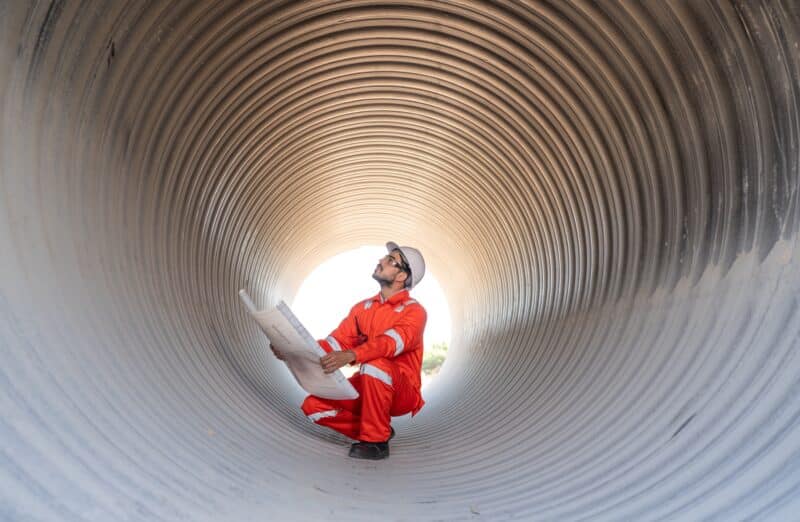
Engineering and design
Engineering and design professionals bring innovation and technical expertise to advanced manufacturing. These roles involve developing prototypes, creating technical schematics, and ensuring compliance with engineering standards. Daily tasks include using CAD software, conducting material analyses, and collaborating with teams to refine designs. Engineers and designers play a critical role in sectors such as robotics, automotive systems, and clean energy.
Key roles: Mechanical engineer, design engineer, CAD technician, structural engineer, process engineer.
Skills & attributes: Creativity, technical proficiency, problem-solving, knowledge of materials and systems, attention to detail, teamwork.
Scorecard
Salary Potential*
Flexible Hours
Flexible Location
Physicality
*based on a 40-hour working week
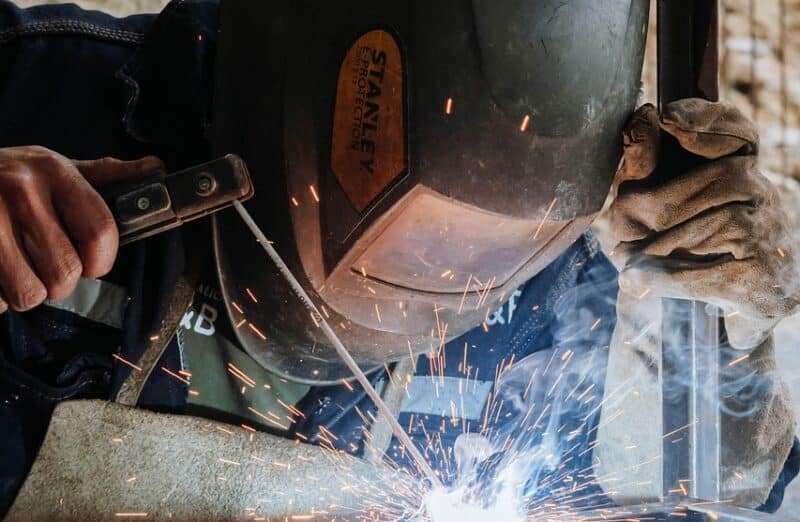
Trades and practical roles
Trades and practical roles focus on the hands-on assembly, operation, and maintenance of manufacturing systems. Skilled workers interpret technical drawings, operate advanced machinery, and ensure production targets are met. They are also responsible for conducting routine maintenance, troubleshooting equipment issues, and ensuring compliance with safety standards. These roles are essential in transforming innovative designs into tangible products across industries like industrial machinery and clean energy. Workers in this sector often contribute to projects that require precision, teamwork, and a strong attention to detail to meet production goals efficiently.
Key roles: CNC machinist, welder, maintenance technician, machine operator, assembly line worker.
Skills & attributes: Manual dexterity, technical expertise, adherence to safety protocols, physical stamina, teamwork.
Scorecard
Salary Potential*
Flexible Hours
Flexible Location
Physicality
*based on a 40-hour working week
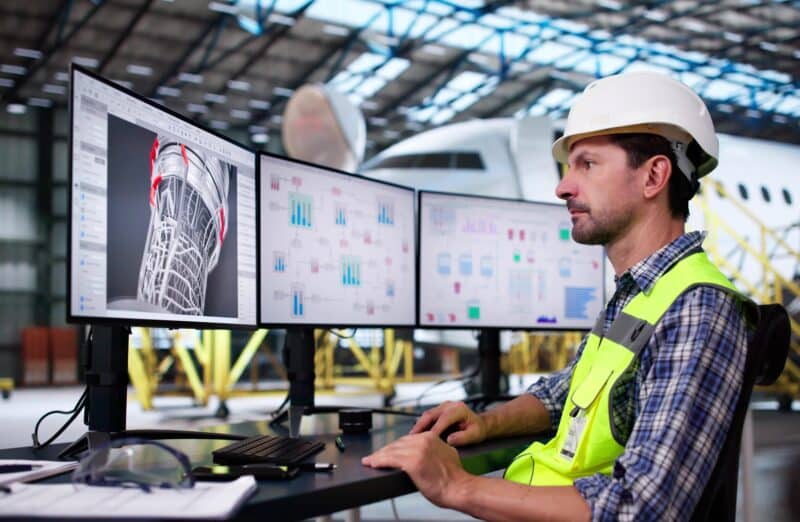
Specialised roles
Some roles are unique to specific manufacturing sectors, requiring specialised skills and knowledge. These positions ensure that industry-specific needs are met, such as advanced systems for aerospace or sustainable technologies for clean energy.
Key roles: Aerospace engineer: Designs and tests advanced components such as aerostructures, avionics, and propulsion systems. Tasks include ensuring compliance with strict safety and quality standards and collaborating on projects for defence and aviation advancements.
Automotive systems specialist: Focuses on designing and maintaining high-performance vehicle components like drivetrains and hybrid systems. Tasks include testing prototypes and refining systems for energy efficiency.
Skills & Attributes: Technical expertise, innovation, problem-solving, sector-specific knowledge, adaptability.
Scorecard
Salary Potential*
Flexible Hours
Flexible Location
Physicality
*based on a 40-hour working week
In addition to hands-on roles, businesses in advanced engineering and manufacturing all rely on essential functions such as marketing, finance, procurement, IT, HR, and operations to ensure smooth and efficient operations. These departments play a crucial role in supporting product development, client services, manufacturing, and innovation, enabling these industries to thrive and drive progress in the Manufacturing and Engineering sector. For more information on these departments and the roles they offer, click here to explore further.
For information on local courses and qualifications that could support your career in this field, please click here.

